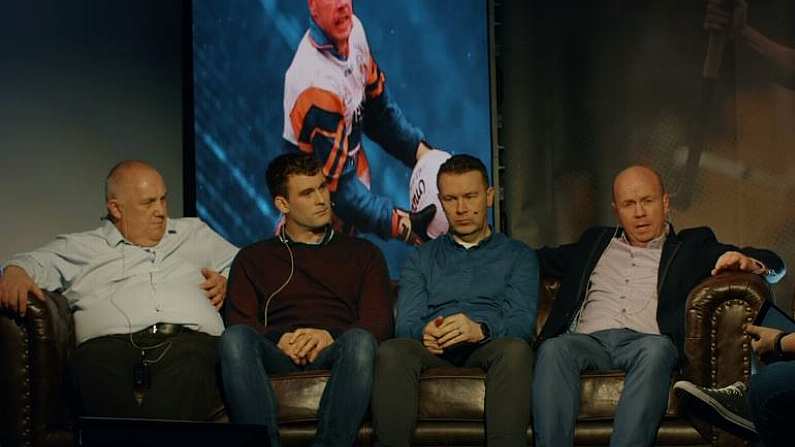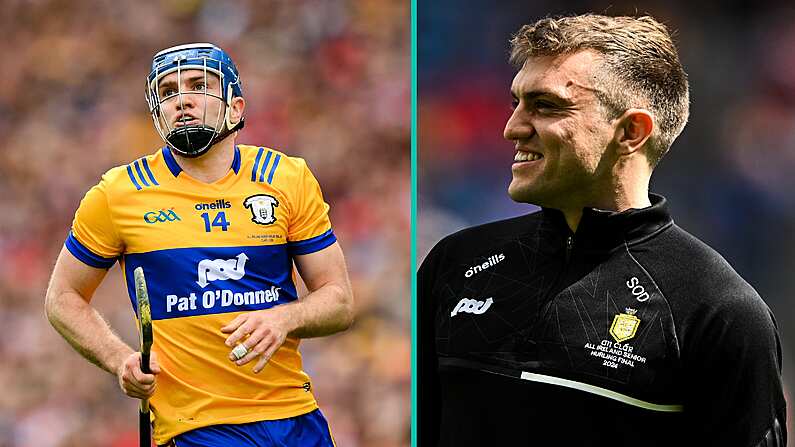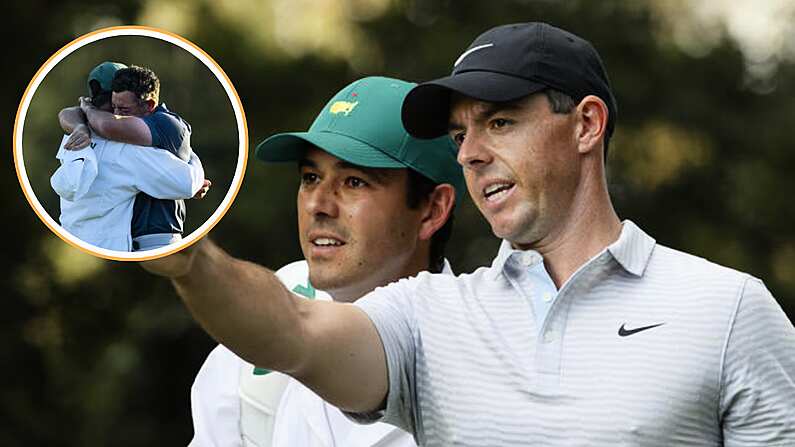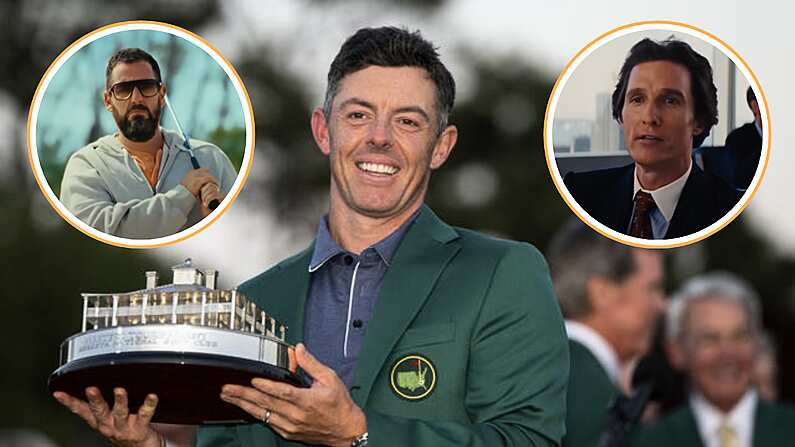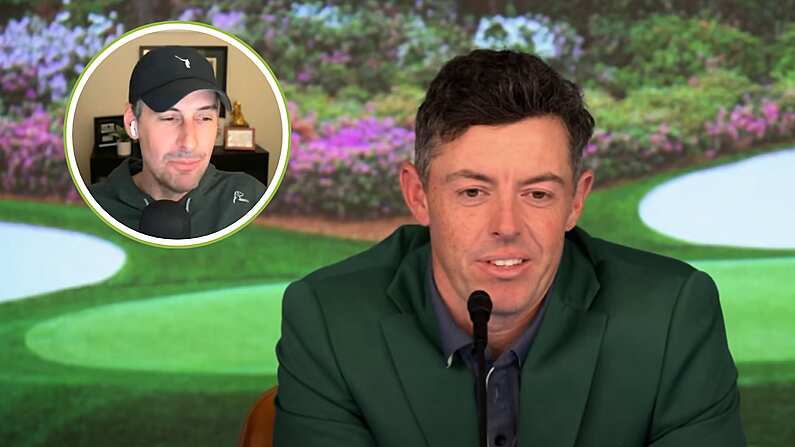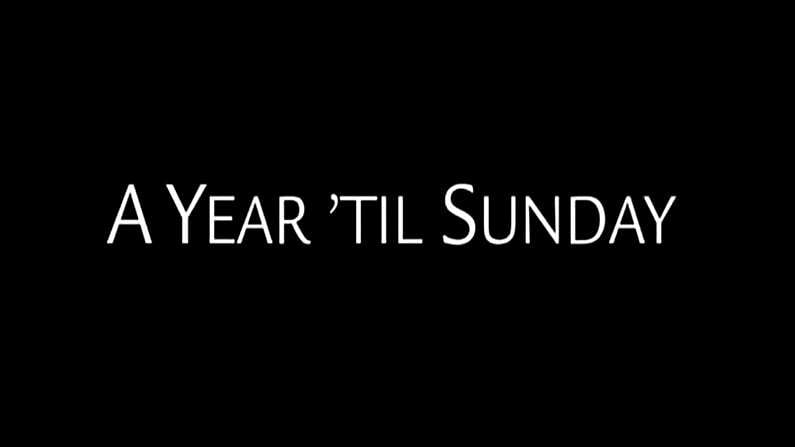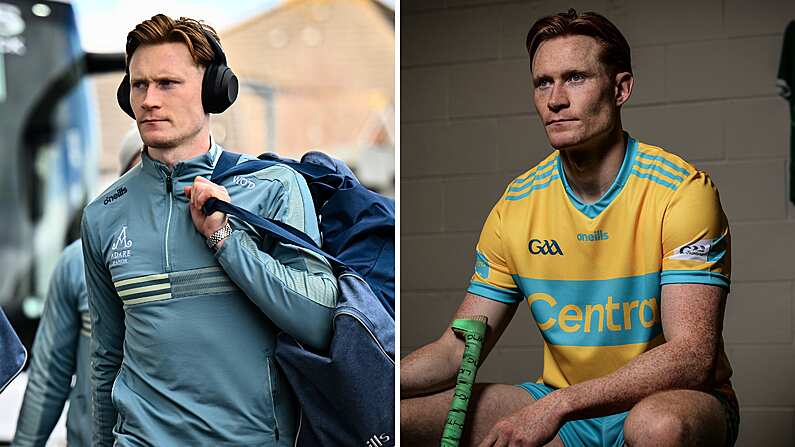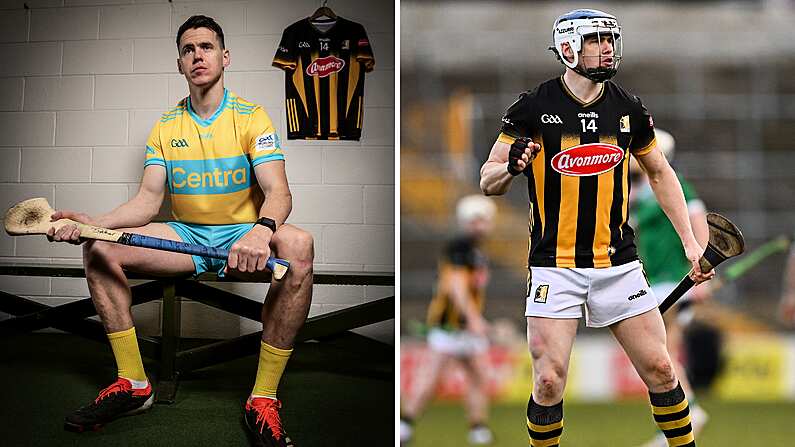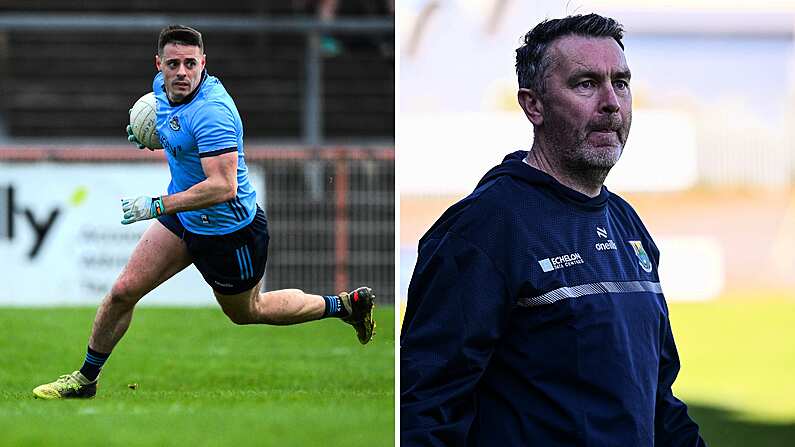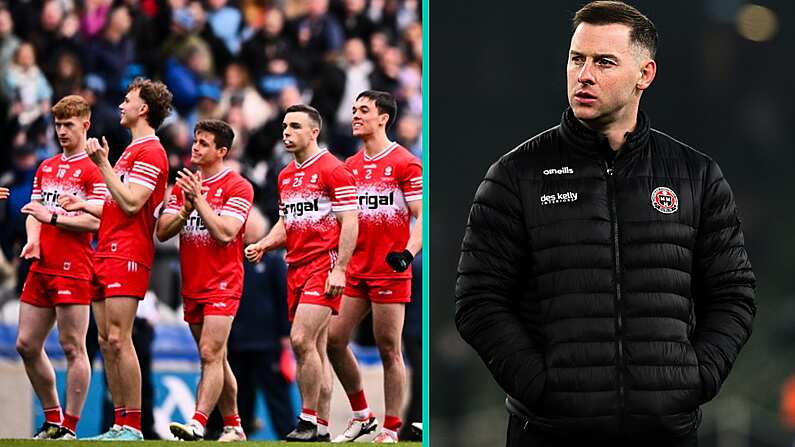There was an incredible night of Gaelic football chat in Bellaghy Wolfe Tones last Thursday night in the latest of our Clubhouse Live series in association with Sports Direct, supporters of grassroots Gaelic games on Balls.ie. Sports Direct have also been proud supporters of Bellaghy GAA for the past two years.
With us at the famous Derry club were four All-Ireland winners, Bellaghy's own Danny Quinn, Oisin McConville, Eamon McGee and the legendary Peter Canavan.
On the night, the panel chose their combined Ulster team to go out and beat Dublin, chatted about the incredible club rivalries involving the four, and looked to the future of the GAA in Ulster and beyond.
Most interestingly though, the panel spoke eloquently about the circumstances that make Ulster football so unique. The community in the North is often orbital of the GAA Club in a way that might not be always understood in the south of the country. Partition, sectarianism, oppression of Catholics and Catholic cultures, and a thirty year armed conflict, all drove the GAA to the very heart of Northern Catholic communities.
Peter Canavan outlined the unique set of circumstances that sets Ulster football apart.
To play Gaelic football and be a part of a Gaelic club, you had to fight for that honour. It was something that a section of the community was trying to deprive. It was a badge of honor to go out in very difficult circumstances and play the game that you love, and I know it's only a sport at the end of the day, but it brought people together.
Many members of the community suffered because of their identity and because of what they were doing for their club, and it left them exposed and left them as a target.
All that hardship and tragedy brings the community closer together and that's what you have here in Bellaghy. Most of them are gentlemen off the field but in my time of playing they would kill you on the pitch, no doubt about it, but I never had an argument with them off the pitch.
The Errigal Ciaran club man, who was on the losing side to Bellaghy in the 2000 Ulster club final, also gave insight to the philosophy of Ulster teams and the key to his success being hard work.
"If you're going to win or achieve anything in life you have to work damn hard for it and in Gaelic football because it means so much to the people up here you have to work extremely hard to be successful."
Oisin McConville won 16 County titles and six All-Ireland club titles during his career with Crossmaglen, and was himself no stranger to the presence of sectarian violence around his club, but claims that until Cross made their remarkable breakthrough in 1996, their proximity to the worst of the Troubles was holding them back mentally, suggesting they used the fact that "the British army were occupying part of our ground as a crutch for a long time". It wasn't until they managed to get some success they realised the occupation should be a motivation rather than an impediment.
When I was growing up it was just a part of life, the bombings, the shootings. It was common every day, but you just got on with it because you didn't know any different. When I first went to school in Newry you realise not everyone is living in the same conditions we are living in, and you start to realise that there is a different world outside of ours and you want a little bit of that, and through football, we were able to do a bit of that.
The 2002 All-Ireland winner spoke about the difference in the community's attitude once Crossmaglen won their first All-Ireland and how the hunger to win became a way of life to escape the years of hardship and dark violence in the Armagh town.
We were known as the "Bandit Country" and perhaps were known for breaking the law, but when we won the first All-Ireland we were talked about for a different reasons other than the Troubles, and the more we got successful the more that happened.
The more we became proud of that, the more it became an identity thing. The Troubles lifted and we were known for something else and the people of the community liked that and we are still striving for that today.
We wanted to be the most hated club firstly in Armagh, then in Ulster, and then in Ireland and it took us a while but I think we achieved that.
One thing that came across over the course of the night was the closeness of the GAA community in the six counties. While rivalries and fierce, and violence never far from the surface, off the field, an affinity is shared that transcends local rivalries. When Derry won the All-Ireland in 1993, Danny Quinn explained how that manifested itself.
Everybody was glad to see Derry winning for the first time, Down won a few All-Irelands before but Derry never won it before and everyone wanted to be a part of it. It was a great experience at the time. We were supposed to be back in Maghera at 10 that night. I don't think we were back until 4 in the morning. We stopped to celebrate with everyone and it was just fabulous to experience.
Tragedy was also never far away from Ulster football in the dark days of the conflict. In Bellaghy, they feel it more than most. The club's grounds are named after their former chairman, targeted, abducted and murdered in one of the worst atrocities of the Troubles in 1997, a loss the community still feels to this day, as Quinn explained.
Sean Brown was chairman of the club at the time, and anyone who knew Sean wouldn't believe he would've been targeted. He worked with Catholics and protestants and treated them all the same. He had total respect for everyone. He was an absolute gentleman. Sean's death put everything into reality for you and it was massive for the club to come back from that and try to move on. I don't think you ever move on and it just made the club stronger.
Losses like Sean Brown's still cast a shadow over many Ulster communities and the GAA clubs remain as strong as ever, in tribute to those taken, and well as to the identity of the members. As long as this is the case in clubs like Bellaghy, Ulster football will continue to thrive.


